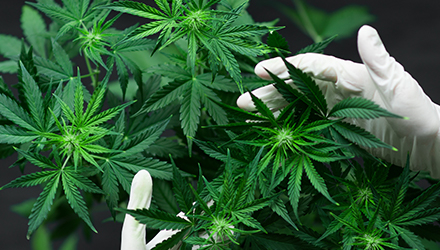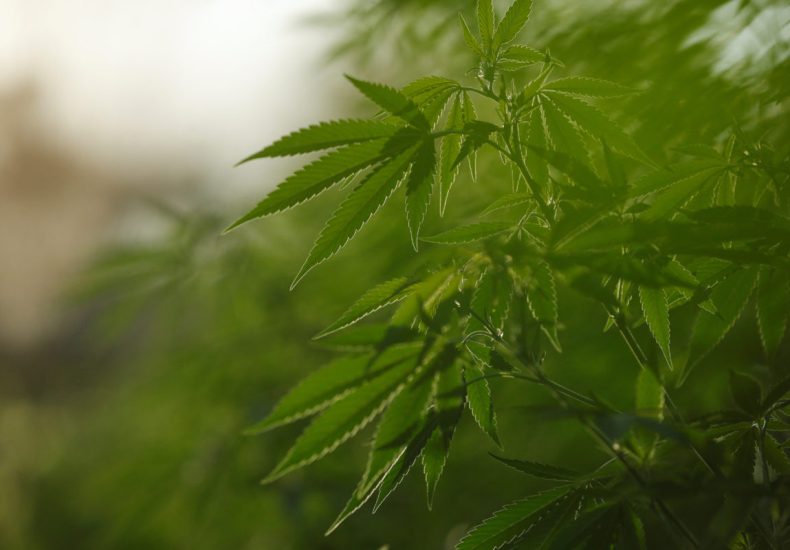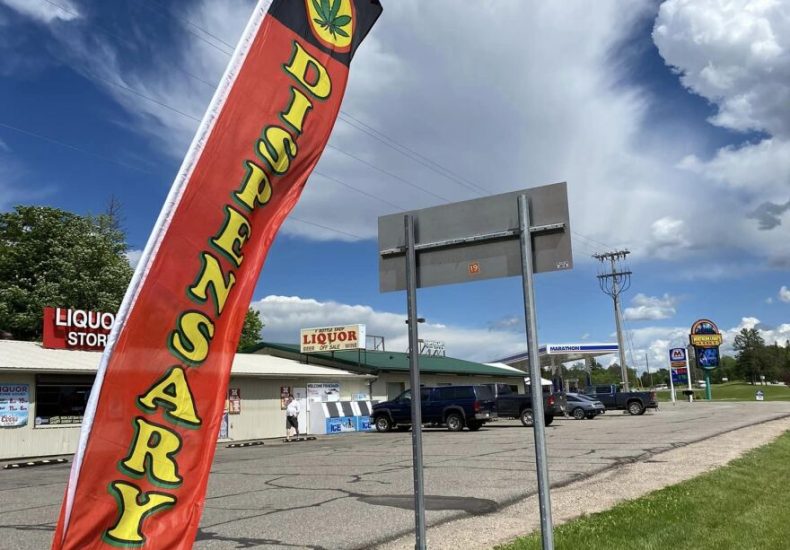
By Paul Fling and JT Schuweiler

Minnesota is set to become the nation’s 23rd state to legalize recreational cannabis.
The Minnesota State Senate approved on May 19, 2023, the final version of HF100 — a bill regulating adult-use cannabis for people 21 years of age and older. Governor Tim Walz is expected to sign the bill into law next week.
Below is an overview of Minnesota’s new adult-use cannabis law.
Licensing Structure & Anticipated Timeline for Recreational Sales
Minnesota’s cannabis law will create a robust licensing structure for various types of cannabis businesses ranging from cannabis retailers to cannabis cultivators and cannabis microbusinesses (a business that can perform different types of cannabis functions, including cultivation and on-site consumption). Each cannabis business will be subject to an application process, application fees, license fees and renewal fees. Vertical integration is generally prohibited with exceptions.
The law will also give preference to certain social equity applicants, such as applicants from high poverty areas or those living with criminal convictions for possession or sale of marijuana. The preference is intended to give priority to applicants who have been hit hard by anti-marijuana law enforcement in the past.
Per the bill, adult use marijuana will be legal in Minnesota starting August 1, 2023. Ultimately, it depends on how long it takes the state to set up the Office of Cannabis Management (OCM) and how long the OCM takes to establish a rulemaking process. It will likely take between 12-18 months for the OCM to start issuing licenses and retailers to open.
Adult-Use Cannabis Tax Revenue
Under the law, cannabis sold to customers will be subject to a 10% excise tax, in addition to state sales tax (currently 6.875%) and any applicable local sales tax. Lawmakers expect that the 10% excise tax will raise an estimated $120 million every two years, with an additional $75 million every two years to come from state and local sales tax rates. About 80% of the tax revenue is expected to cover the state costs of regulating the industry, while the remaining 20 percent will be distributed to local governments.
Transfer of Ownership
The law will permit licenses to be transferred to another owner upon approval from the OCM in its sole discretion. Social equity applicants, however, may only transfer their license to another social equity applicant. A previous iteration of the law included a requirement that 75% of the equity of business entity license holders be owned by Minnesota entities, but the restriction was removed in conference committee.
Local Restrictions
Minnesota’s cannabis law allows for local governments to adopt reasonable restrictions on the time, place and manner of the operation of a cannabis business. At a minimum, local governments may prohibit the operation of a cannabis business within 1,000 feet of a school or 500 feet of a day care, residential treatment facility, playground, athletic field or other attraction within a public park regularly used by minors.
Local governments may also adopt an interim ordinance that regulates, restricts or even prohibits the operation of a cannabis business within its jurisdiction from enactment of the law until January 1, 2025.
Home Cultivation, Medical Cannabis and Hemp Derived Products
An individual will be allowed to personally cultivate up to four mature plants (eight plants in total), in an enclosed, locked space on their property that is not open to public view. Individuals can also possess up to two ounces of cannabis in a public place and up to two pounds in a private residence.
For medical cannabis, the law transitions the medical cannabis industry to falling under the OCM’s purview. Further, hemp-derived products will fall under the purview of the OCM and will be subject to greater regulations than previously.
Criminal Justice Reform
Minor marijuana convictions will be expunged automatically, and a review system will be set up to review more serious offenses for potential expungement.







